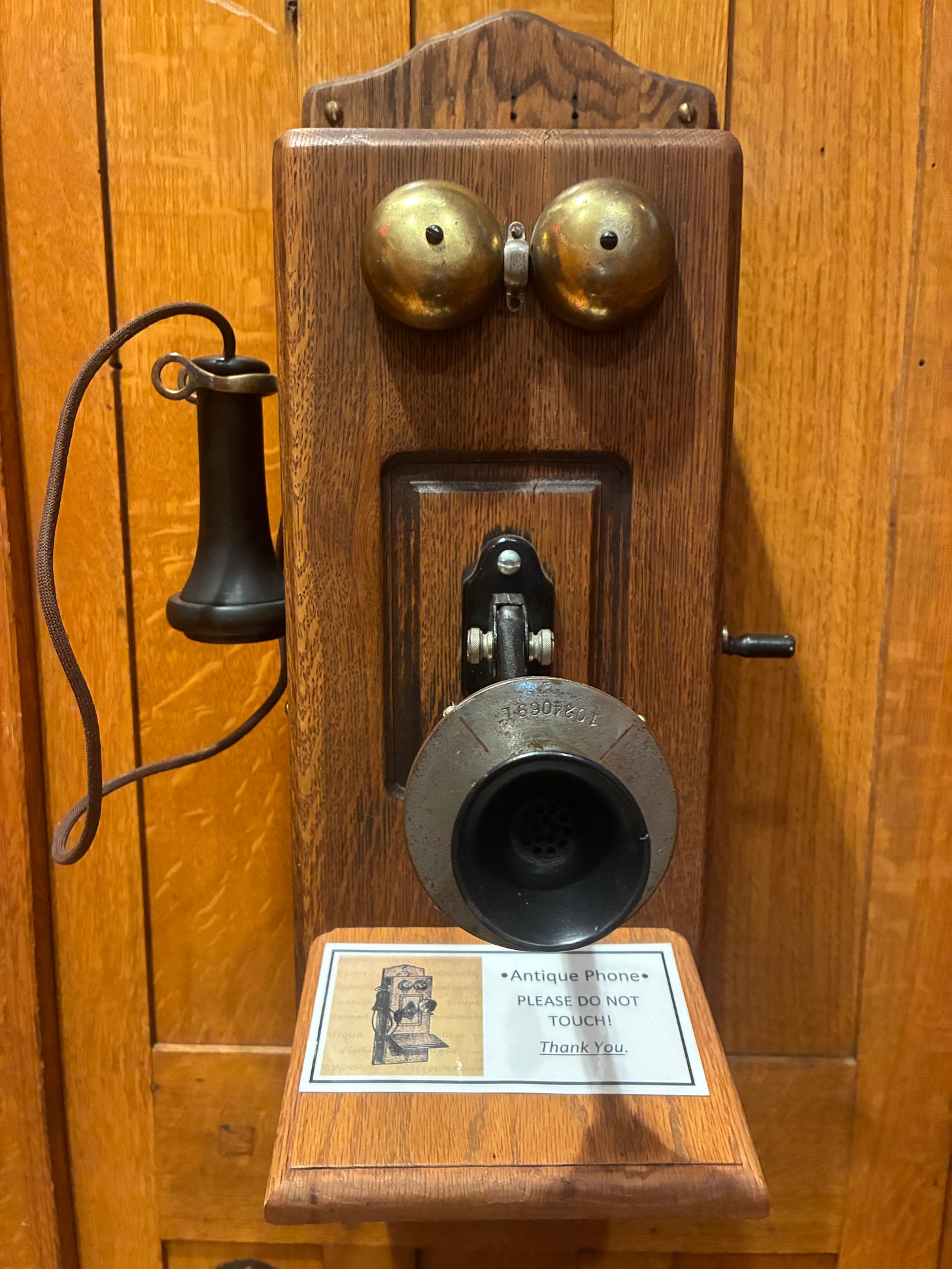The September issue of National Review magazine contains a special section on America’s defense industry. What struck me about the multiple articles was the commitment to identifying China as a belligerent; whether the country was “relentlessly aiming for war” or producing weapons as if already at war, the message was clear.
Let me back up for a moment. People who know me must be thinking ‘he reads the National Review? I never knew he was a conservative.’ I’m not, and I likely never will be considered one. However, I do appreciate that many articles within the magazine (and on the website) make reasoned and legitimate conservative arguments. Yes, if my sons were ever to hear that today’s Republican Party isn’t your dad’s Republican Party, well, most of that statement would be true: Today’s GOP is an embarrassment when compared to what it was a generation ago. I’ve never been a member of the Republican Party, and today’s party that has surrendered to one man would never be one with which I’d associate.
With that, a return to the discussion about the National Review. Of course, because these were in the (virtual) pages of a longstanding conservative magazine, no one should be surprised that two themes wove their way through the editorials. First, as mentioned, because of the threat China (presumably) poses to democracy and the world order, the US must rethink the weapons it produces, the strategies it plans and the budget allocations it makes. Second, many of the articles emphasized the need to unleash “patriotic business leaders” and innovators so that they, too, might meaningfully contribute to the preparations for war.
One editorial boldly stated that the US remains home to “the best military-industrial complex on the planet.” Those words ought to make everyone cringe; much like a night light must remain on at all times so that a family can find its way in the dark, the MIC must remain illuminated so that friend and foe remembers from where the bombs, planes, ships and other requirements for war come.
If you embrace the messages from this special section, then you will be convinced that the US might fall flat on its face “in the first week” of any war with China. Mind you, none of the authors identified exactly why China would want to go to war with the US, but they seem to have determined that the US would like come to Taiwan’s aid should there ever be a Chinese invasion of the island. “If we do not deter China” from whatever hegemonic plans it might have, as one editorial warns, then “we” will fight China.
The idea that tech giants and specific “patriotic” business people ought to engage in this effort smacks of adding another layer to the MIC. One editorial asserted that the traditional defense contractors alone can’t make the US ready for the next war, so a “quasi-commercial domestic market,” to quote another editorial, must be given a long look. The tech companies and patriots could also strengthen the US economy, according to a third editorial, and this presumably justifies inching the world closer to another conflict.
At least one of the author’s is employed by the defense industry, and in fairness he does acknowledge this relationship. Let’s not mince words here: America’s war machine continues, and the pages of the National Review (at least for this month) would not be the place to turn to consider the drawbacks of always imagining war.
The Cold War mentality — a relic of the past just like the phone at the top of this post — doesn’t serve America well. It does serve the MIC (and apparently the largest tech companies and some “patriotic” leaders).
Perhaps the most important sentence in any of the editorials would be this one: “The truth is we know little about the next war.”
Think about that.





Many years ago, a joke doing the rounds in Johannesburg went as follows. When asked what she thought of Red China, an elderly woman replied “on a white tablecloth it’s not so bad.”Those were the days.